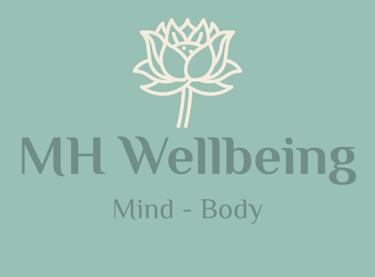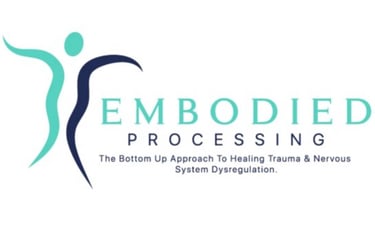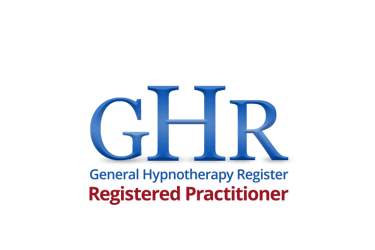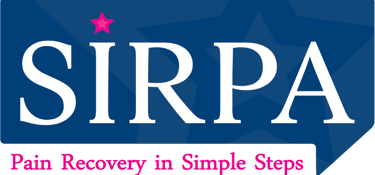Depression
Hypnotherapy can aid in recovery from depression. Whether you have a diagnosis or not is not important, because the fact you feel the need to do something about the way you’re feeling is enough. However, if you believe that you have medium to severe depression, you must see your GP, especially if you have suicidal thoughts.
We can all experience short times of “feeling down”, however depression is usually diagnosed if certain symptoms have been present over a couple of weeks or longer. The following are some common symptoms of depression:
Disrupted sleep
Early morning waking
Gaining less enjoyment from activities
Irritability / a short temper
Difficulty concentrating
Becoming emotional or upset for no particular reason
Improved energy as the day goes on
Anxious worrying
Feelings of quilt and low self worth
Weight loss
Fatigue
Causes
Depression is closely linked to a dysregulated nervous system, particularly an imbalance within the autonomic nervous system (ANS), leading to a state of chronic stress and difficulty regulating emotions.
The ANS controls unconscious bodily processes such as respiration, digestion, and immune function. This system is divided into the sympathetic and parasympathetic nervous systems. In times of danger or stress, our sympathetic nervous system protects us by carrying signals that activate bodily processes to increase our arousal and alertness. This is our fight or flight response and is useful if we are in danger in the short-term. The parasympathetic nervous system carries signals to deactivate these processes once the danger has passed, resulting in a state of calmness.
There is also the freeze response, which is a stress response of shutdown. Consider a mouse caught by a cat, sensing no escape. The nervous system sends a message to the muscles to “play dead”. So instead of the heart rate speeding up, it slows down, and the mouse goes into a complete shutdown. This response floods the mouse with endorphins to stop them feeling pain if they are wounded by the cat, and also allows the mouse, if dropped by the cat, to take flight and run away.
Depression is generally considered to be more closely associated with the "freeze" response, as opposed to the "fight or flight" response, as it involves a state of immobilisation and shutdown. In essence, your nervous system is trying to protect you from a perceived danger. It is more common to have nervous system dysregulation if you experience trauma, and/or Adverse Childhood experiences (ACEs). ACEs are stressful or traumatic events that happen during childhood. These experiences can include abuse, neglect, violence, and household challenges. Your trauma do not need to be major to cause your system to be dysregulated, in fact many smaller events can affect you, especially in


Treatment for Depression
Medication – in some cases, medication can be a useful temporary measure to assist you in tackling your depression. You would need to discuss this with your GP. However, medication does not get to the route of the cause(s) and is of limited effectiveness, hence I would always advise seeking some form of therapy alongside medication. It is important to understand that depression is NOT caused by an imbalance of chemicals in the brain – the brain's neurochemicals are a symptom of depression but not the cause.
I have supported numerous individuals in their recovery from depression. My approach is solution-focused, as I believe it is the most effective method for aiding individuals in overcoming depression. Approaches that solely focus on revisiting past events and discussing painful or traumatic experiences can often worsen the condition. I dedicate time to understanding the factors that have contributed to your dysregulated nervous system and work with you to restore balance. Hypnotherapy has proven effective in enhancing sleep quality, reducing rumination, and calming and clearing the mind. Additionally, visualisation techniques can improve mood, increase motivation, and help you envision a positive future.
I teach techniques such as mindfulness and breathwork to help regulate the nervous system. These practices can assist in managing difficult emotions and bringing about a sense of balance, reducing the fight, freeze, or flight response. Mindfulness may also be used to improve body awareness by noticing subtle differences in bodily sensations (interoceptive attention), which is associated with greater well-being and reduced chronic pain.
Cognitive Behaviour Therapy and journalling are also wonderful tools which can help you to reappraise events ie to reconstruct a stressful event as beneficial, benign or meaningful. This allows you to move on from past events and reduce rumination.
It's important to seek help if you have depression. Please feel free to contact me if you have any questions or would like to book an appointment.
I also encourage you to read my blog post on nervous system regulation.

MH Wellbeing, Maria Hancock MSc GQHP
Trauma-Informed Somatic Therapist, Hypnotherapist, Mindfulness Teacher, SIRPA Pain Recovery Practitioner
Specialist in stress, anxiety, chronic pain and other mind-body symptoms.
Local areas: Horley, Reigate, Redhill in Surrey and Crawley, Horsham, Copthorne in West Sussex. English Speaking Online Therapy.






